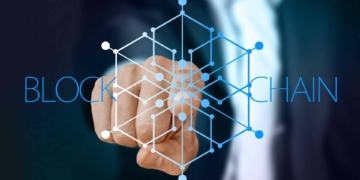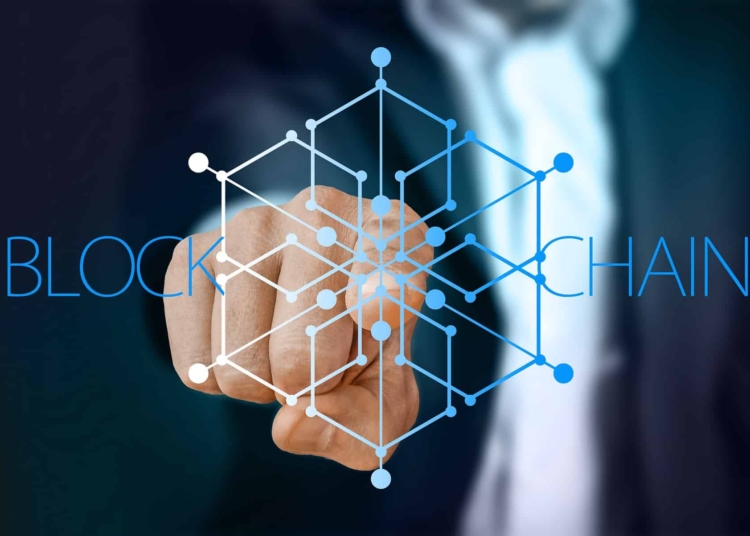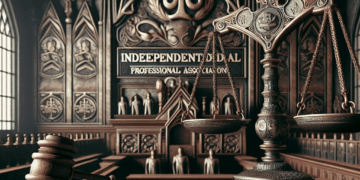What is it all about?
As we have often read here on the blog, blockchains (no matter from which provider and on which technical basis), their technology and ideology pose major challenges for us lawyers in Germany. This starts with tokens and the question of whether and which supervisory law is now applicable, continues with the exciting questions of how exactly “smart contracts” are actually to be treated or what legal nature NFTs have, and ends with highly complex legal problems surrounding DAOs.
I encountered a similarly funny problem when I read the just published final report of the Federal Ministry of Justice on “THE APPLICATION OF BLOCKCHAIN TECHNOLOGY IN CORPORATE AND GOVERNMENT LAW”. You can find the full document here. The report explores many intriguing questions about what corporate law matters could be mapped onto a blockchain (or using DLT in general).
Blockchain and limited liability company law?
Among other things, it is being discussed whether something like a blockchain limited liability company would be possible. Now, most readers are probably aware that a limited liability company can only be established, amended and, in the broadest sense, administered with the assistance of a notary public. A transfer of shares by handing over a security, for example, is not provided for. This would possibly only be possible with a stock corporation, which I will deal with soon. However, there is extensive freedom of design for the regulations in the internal relationship of the GmbH pursuant to §§ 46 et seq. GmbHG (German Limited Liability Companies Act). Things like third-party participation, e.g., via trust constructions or silent partnerships, which can also influence the voting rights of shareholders entered in the commercial register, would therefore be perfectly mappable on a blockchain. At least if one initially disregards the problem of registration in the transparency register or regulatory issues such as the German Investment Act.
So for startups, this could be quite interesting to tie investors to the company without making them full-fledged shareholders. Business partners could also be tied to the company in this way, e.g. influencers/streamers at an influencer agency (note: I am currently evaluating something similar with a client).
But the other list of shareholders could also be kept on a blockchain, even if the law would not – yet – exempt the managing directors from the obligation to create it. However, the legislature could change this. This could be useful because, for example, an authorization in the previous submission to the notary could be solved using blockchain technology.
Blockchain for internal use?
It is exciting that the final report addresses the internal usability of blockchain technology in a limited liability company. In addition to the voting rights mentioned there, the use of a charter in the form of a smart contract would also be entirely conceivable. Ultimately, things such as profit distribution, responsibilities within the framework of rules of procedure, internal financial limits of a managing director or shareholders’ meetings (including invitations to these) + voting rights could be mapped automatically and securely. Even though we are probably still a few years away from implementation here, this is highly exciting.
Conclusion
The possibilities mentioned in the final report may still sound very futuristic to seasoned corporate lawyers. As a “legal nerd”, however, I find the possibilities very exciting and am convinced that both legislators and lawyers – and, of course, startups – should take a serious look at the possibilities.

































